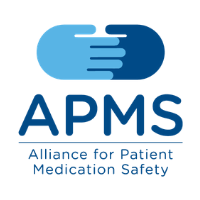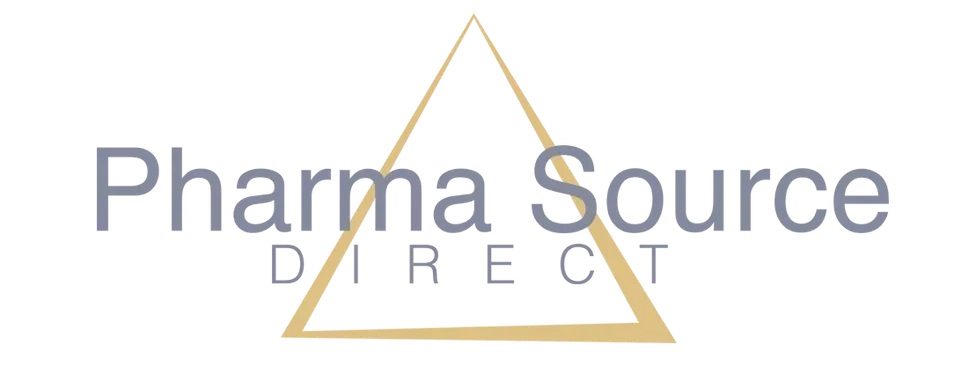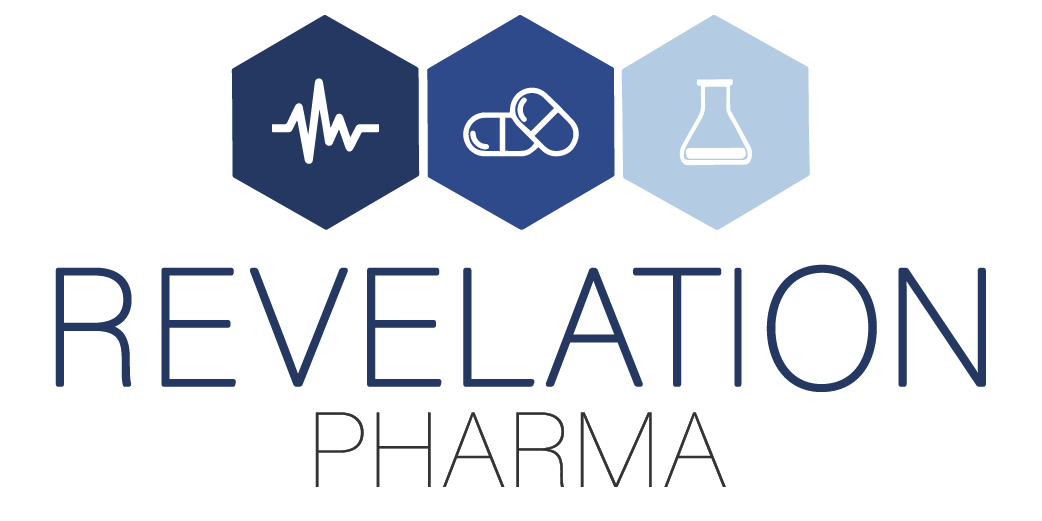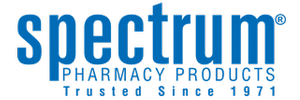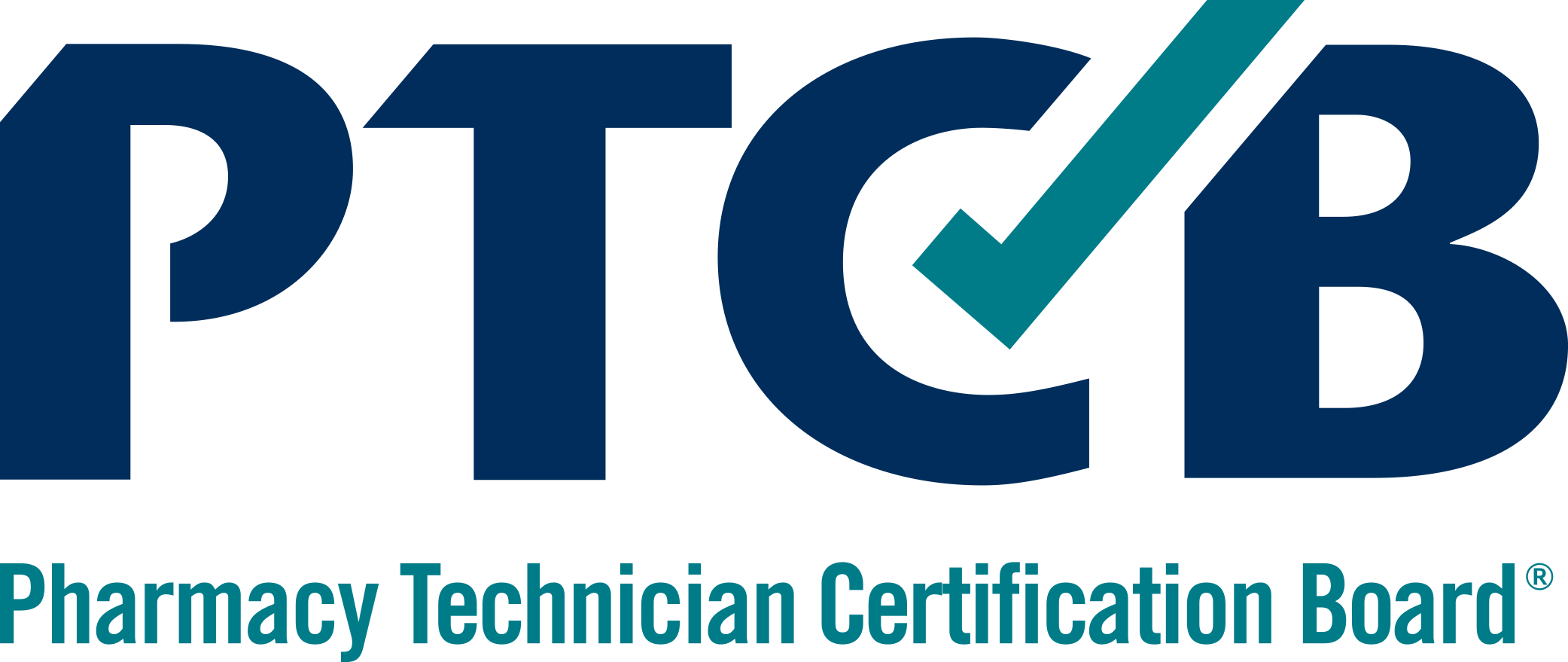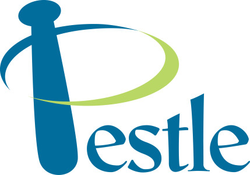May 1, 2022
Take action to prevent breast cancer. Compounding can help.
While there is no certain or perfect way to prevent cancer, there are certain risk factors that increase the likelihood. You can take action to lower those risks through healthy lifestyle choices such as eliminating smoking, reduction of excess body weight, increased physical activity and getting recommended cancer screenings.
But let’s talk about breast cancer. We are often told that breast cancer is linked to hormone levels such as high estrogen. While there is true correlation there, the devil is in the details. The real risk and danger comes from our body not properly metabolizing or eliminating that estrogen and new research points to estrogen metabolites (breakdown) that damage our DNA causing mutations that can initiate breast and other human cancers.
So how can we take action on safe estrogen metabolism and reduction of DNA damage? There are some over the counter options that have been shown to help!
Diindolylmethane, better known as DIM, has been shown to support healthy estrogen levels, especially in estrogen dominant conditions. Estrogen dominance has been linked to a variety of health issues, including certain types of breast cancer, ovarian cancer, and polycystic ovary syndrome (PCOS) and are associated with both environmental toxins mimicking estrogen and compromised metabolism of estrogens. Other things that have been shown to enhance estrogen metabolism are increasing cruciferous vegetables in your diet and having 1-2 bowel movements per day. If your bowels aren’t moving, your estrogen sticks around longer than it should and goes back into circulation in the body.
Let’s move on to other over-the-counter supplements that can help you take action on cancer prevention. Two antioxidants, N-Acetylcysteine and Resveratrol, are prime candidates to prevent breast and other human cancers because in various in vitro and in vivo experiments, they reduce the formation of estrogen–DNA damage. Antioxidants are chemicals that interact with and neutralize free radicals, thus preventing them from causing damage. Free radicals are produced either from normal cell metabolisms or from external sources such as pollution, cigarette smoke, radiation, and medication. When an overload of free radicals cannot gradually be destroyed, their accumulation in the body generates a phenomenon called oxidative stress. This free radical and oxidative stress process plays a major part in the development of chronic illnesses such as cancer. Antioxidants, also known as “free radical scavengers”, are one of the ways the human body counteracts oxidative stress and the damage it can cause.
But how do you choose and how do you know what to take? While the above article mentions some excellent suggestions, your compounding pharmacist may also be able to help. Since compounding pharmacists have extra experience with hormone and nutrition recommendations, they can likely walk through this supplement decision with you. And when in doubt, reach out to your healthcare provider if you have concerns about starting any new supplements or medications.
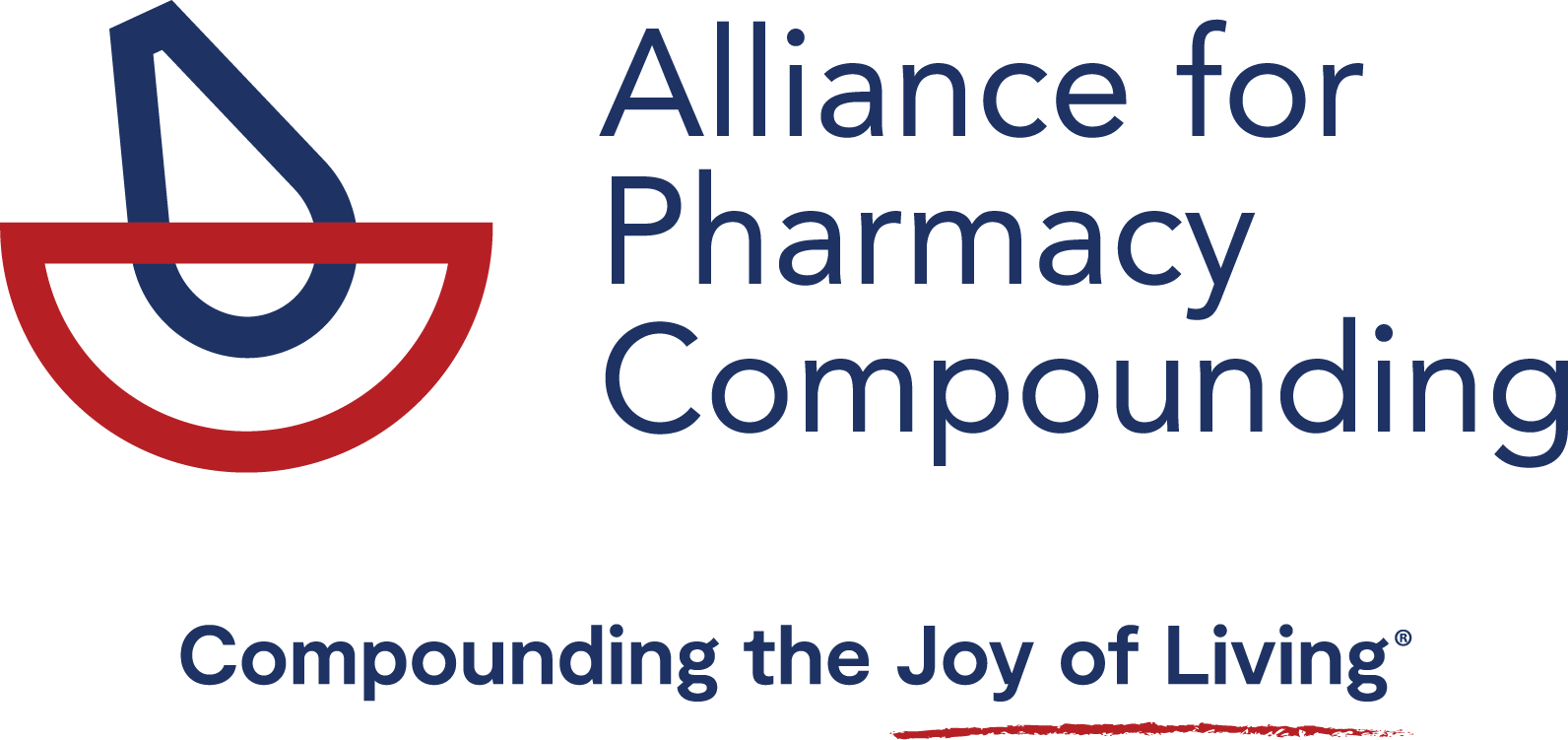







![Topi-CLICK a Division of TEAM Outlines[1]](https://a4pc.org/files/Topi-CLICK-a-Division-of-TEAM-Outlines1.png)

